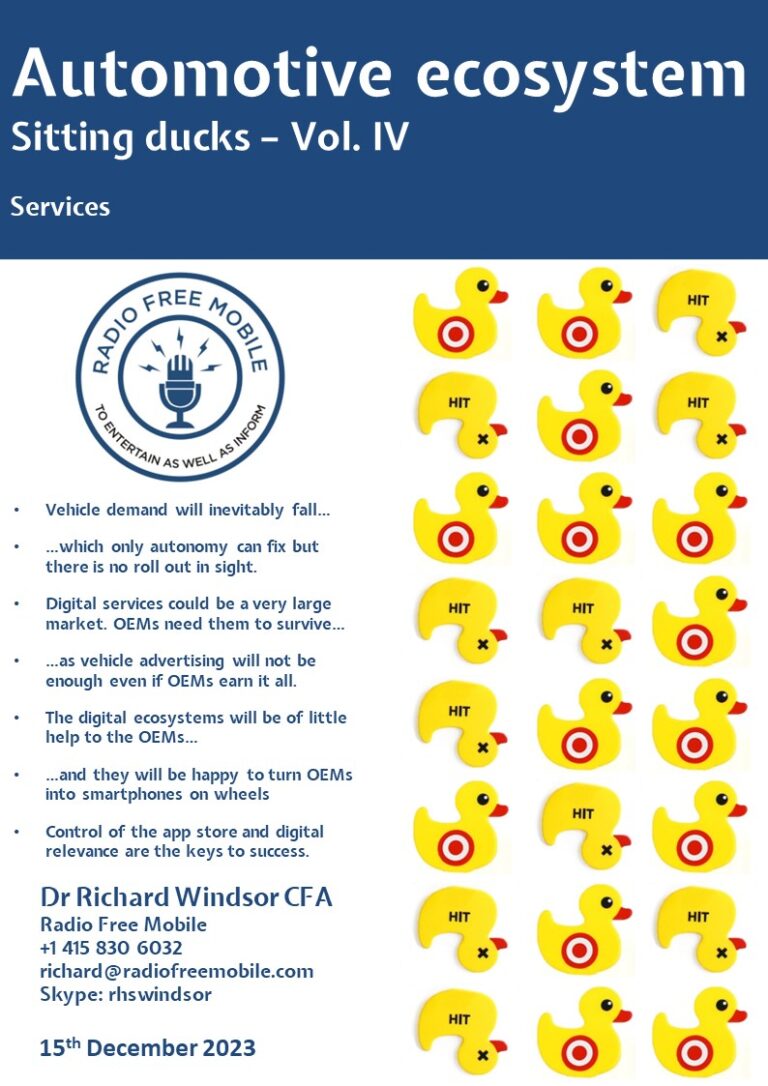16th October 2020: RFM updates its COVID-19/Technology coverage with the publication of The COVID-19 Webinar version 3.0 – Musical Chairs.
The pandemic is here to stay and a V-shaped recover is off the table even though the fatality rate is rapidly declining. This is mainly due to better testing and treatment but an effective vaccine remains elusive. The US economy is not in any condition to absorb the deficit spending that another large stimulus package will require but Europe in a much better fiscal condition. The stay at home trend continues to drive the technology sector but the stock market, in general, is being driven by easy money meaning that it is not representative of reality.
- Fatality rate: Although cases continue to rise, the fatality rate has fallen drastically. The global average has fallen 53% to 2.9% from 6.2% in April 2020 although the large discrepancy between countries remains. RFM’s analysis suggests that this figure is still a long way above the real rate and that as the pandemic progresses, it will fall further.
- Treatment and testing: are now the two biggest factors that are affecting fatality rates. 10 months have taught the medical profession how to treat this disease much more effectively and in countries with good health systems, the recent increase in cases has not been accompanied by an increase in fatal cases as it was in 6 months ago. Testing remains erratic from one country to another meaning that in most countries, only a proportion of the positive cases are being identified and counted.
- Lockdown II: is unlikely to be anything as drastic as the first meaning that the hit to the economy witnessed in Q1 2020 and Q2 2020 will not be repeated. However, it will derail the fledgeling recovery meaning that there will be no quick exit to the severe recession being experienced by many countries.
- Debt and Inflation: A longer and deeper recession means that deficit spending and money printing will be on the rise once again increasing the likelihood of heavy tax increases and inflation once the pandemic has passed.
- Europe: is best-positioned thanks to Germany which was able to reduce its national debt as a percentage of GDP between 2012 and 2019. This gives Europe headroom to borrow before the situation becomes unsustainable but the southern countries including France are in much worse shape and the appetite in the North for Southern bailouts remains poor at best.
- The technology sector in Q2 2020: was hit and miss with cloud spending continuing to be strong in-home working and business continuity while smartphone shipments fell by 24% YoY. With an effective vaccine still quite far away, home working and schooling will mean demand for productivity equipment will remain elevated for some time to come.
- Sharing economy: remains in a terrible state as no one wants to share assets while COVID-19 remains a problem. Ride-hailing, house sharing, office sharing, and public transport are the worst hit with demand down 50% – 80% across the board. Uber has fared the best of all of the players having been lucky to have had Uber Eats to fall back on. Uber is now a delivery company.
- The equity market: has very little basis in reality. Easy money has caused cash to pour into the market with most of the buying being focused around the technology names who have a good story regardless of fundamental performance. This has many echoes of the 2001-2003 stock market correction when the Nasdaq fell by 78%. The prognosis is not good.









Research Publication – ...
18 October 2024